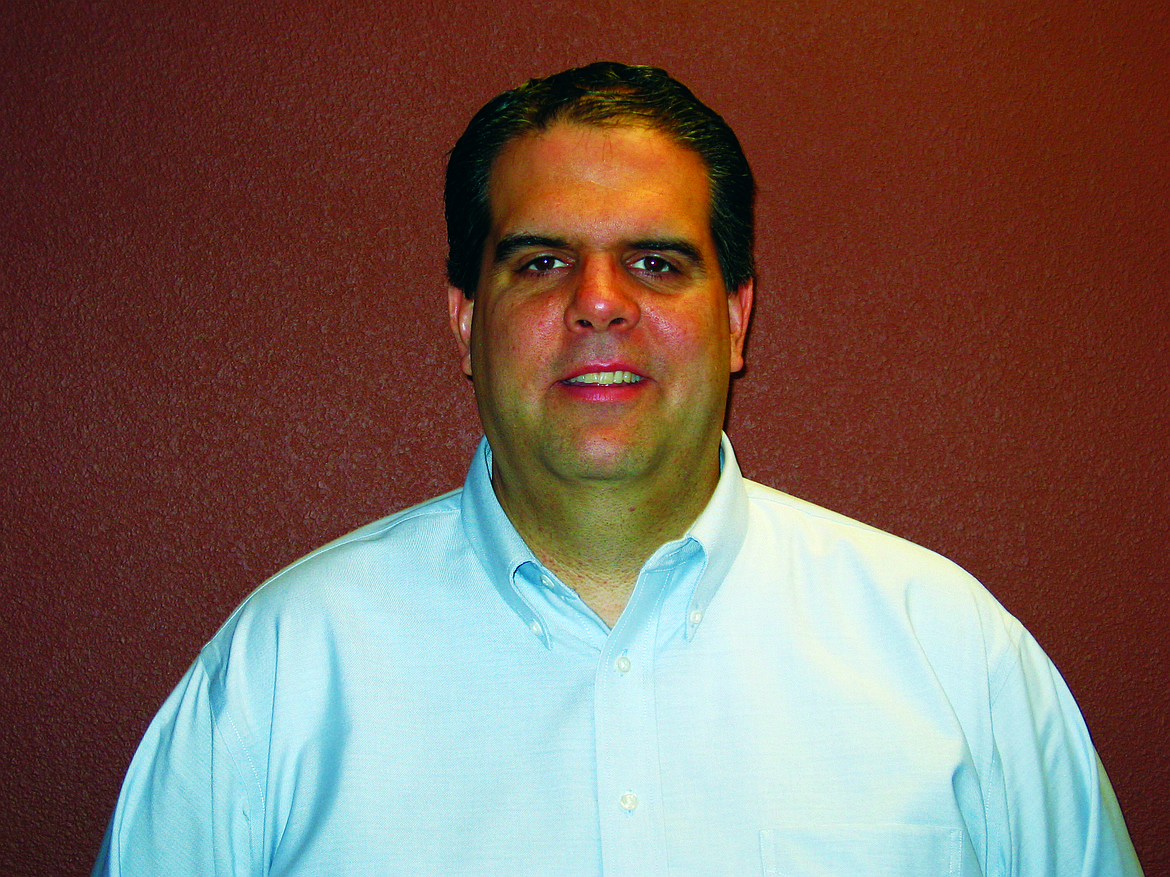ADVERTISING: Advertorial — Are your thoughts causing you pain?
You might not realize this, but our emotional and physical health are connected. Doesn’t matter what the emotion is, our bodies have a physical response to our thoughts, how we feel and act. Positive emotions such as gratitude have been scientifically linked to a number of beneficial health effects, stress and negative emotions can create havoc.
Doctors have tried to find the connection between mental and physical health for years. Recently, science has begun to recognize the powerful connections of emotional, spiritual, and behavioral factors that can directly affect our health.
Researchers at the Department of Psychology at Carnegie Mellon University in Pittsburgh, Pennsylvania say “psychological factors might influence immunity and immune system ‘mediated disease.’ Also, the study found ‘substantial evidence that factors such as stress, negative affect [emotions], clinical depression, social support, and repression/denial can influence both cellular and humoral [lymphatic fluid] indicators of immune status and function.’”
So you can see that negative emotions play a major role in our immune system. There is convincing evidence that links stress, negative emotions, onset of disease and its progression together. So if you are in a bad mood, feeling down, mad, or stressed, you have a greater chance of getting sick. The beliefs you hold about yourself, your emotions, and your habits can all contribute to the development of sickness or disease. If you do not find a way to deal with painful emotions, these emotions can physically disrupt the body’s natural healing ability.
Belief or not, our brain has the ability to produce substances that can actually improve your health. These include endorphins, which act as natural painkillers, and gamma globulin, which strengthen our immune system. According to research, what our brain produces depends in part to our thoughts, expectations or feelings. People who are sick but truly believe that they will get better, their brains are likely to produce chemicals that will boost their body's healing power. But, negative thoughts or emotions can keep your brain from producing those same healing chemicals. Thus keeping us in a cycle of being unhealthy or sick.
A research paper published in the journal Psychological Bulletin, found people who hold strong negative feeling’s or emotions about their health and viewed it as more serious than it actually is, we’re more likely to be in denial and experience depression or anxiety, and less likely to get better. But people who viewed their illness in a more positive light, felt more in control of their situation, were less stressed, adopt a positive coping strategy and experience better outcomes.
More and more research suggests that negative thoughts or habits could be setting us up for more serious health problems in the future. One study in 2014 published in the journal Neurology linked high levels of cynicism, to a greater risk of dementia compared to those who were more trusting. Cynicism may also have negative effect on our heart. A 2009 study published in the journal Circulation looked at data from about 100,000 women and found that the most cynical participants were more likely to have heart disease than the least cynical folks.
Another study published in 2014 in the journal Stroke found people who scored higher on measures of unfriendliness, as well as those with chronic stress and depressive symptoms, had a higher risk of stroke than the friendlier, kinder participants.
As you can see our emotions and thoughts can lead to some serious health problems. I often see this in my office, positive people get better, negative ones usually have a harder time. Next week’s article will look at some of the things you can do to help with negative emotions.
• • •
Dr. Wayne M. Fichter Jr. is a chiropractor at Natural Spine Solutions. The business is located at 3913 Schreiber Way in Coeur d’Alene. For more information, please contact us at 208-966-4425.

